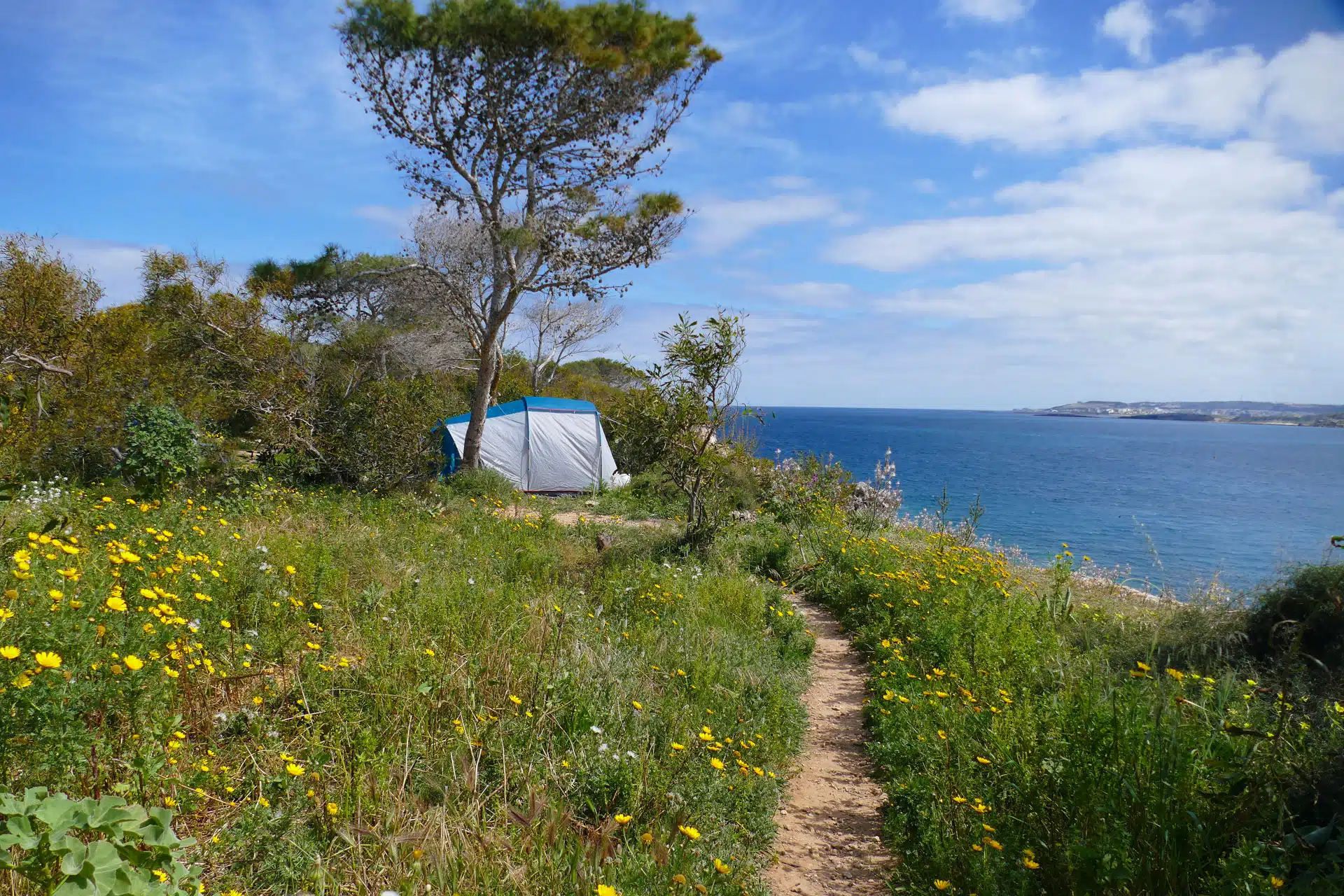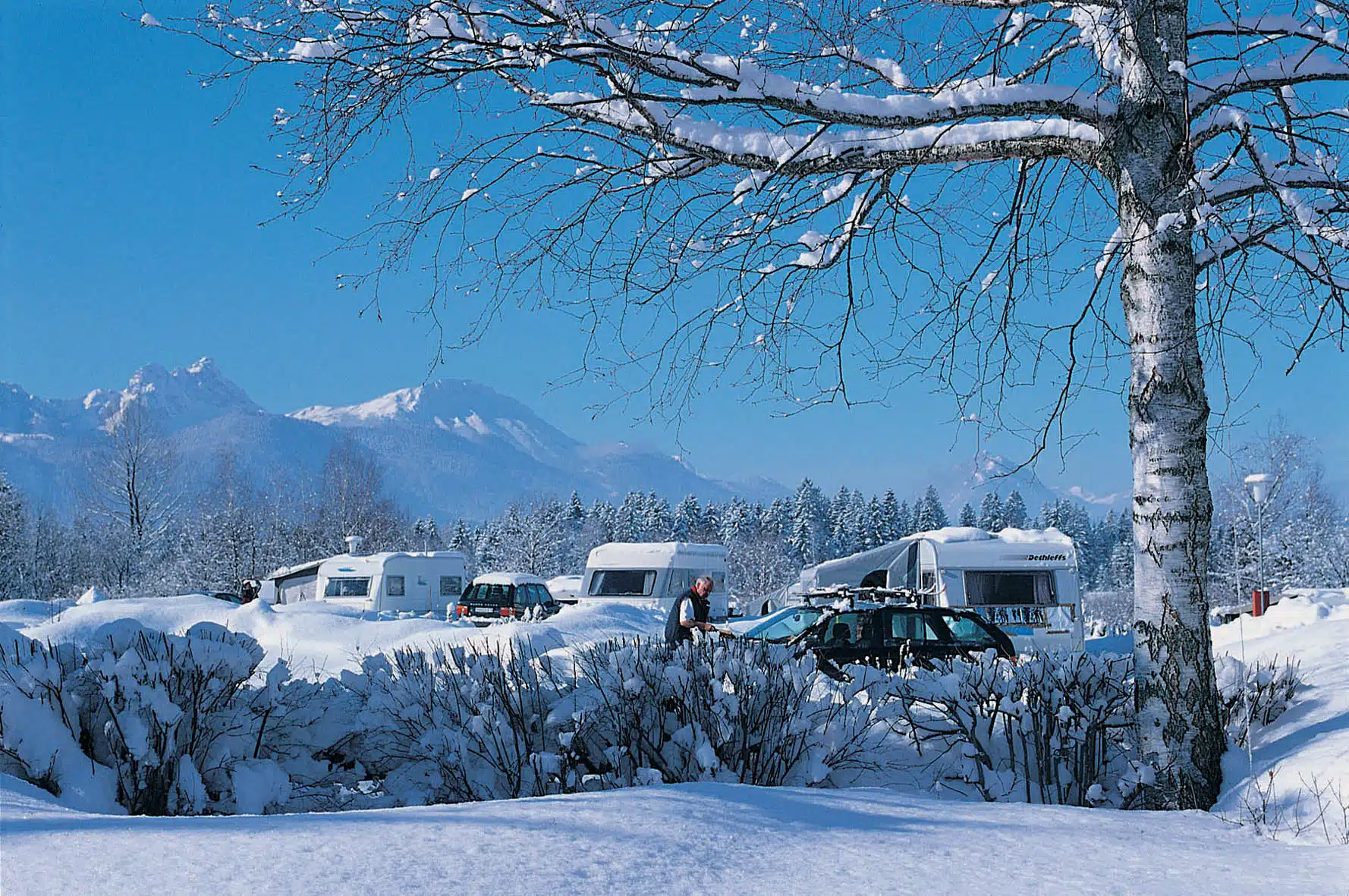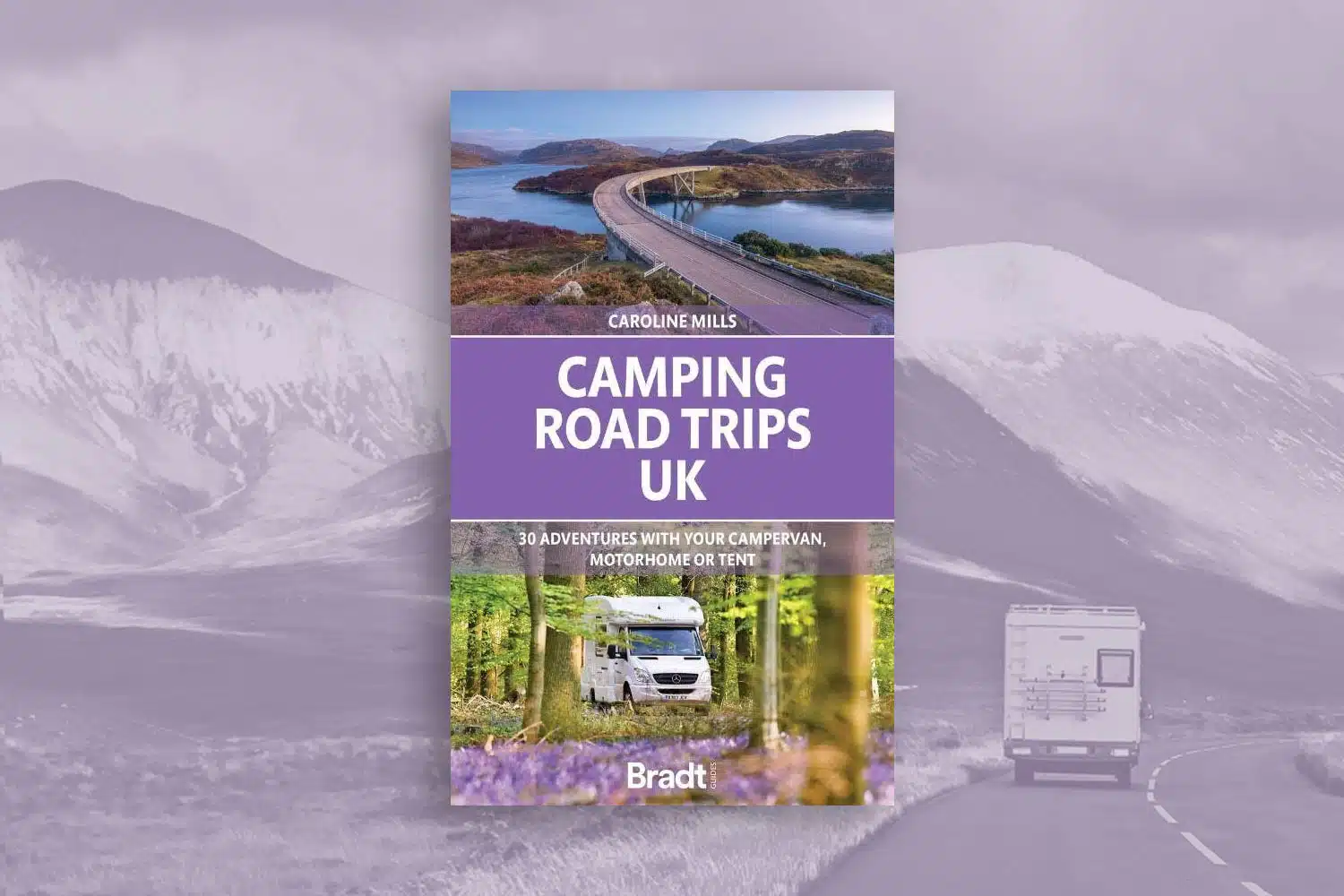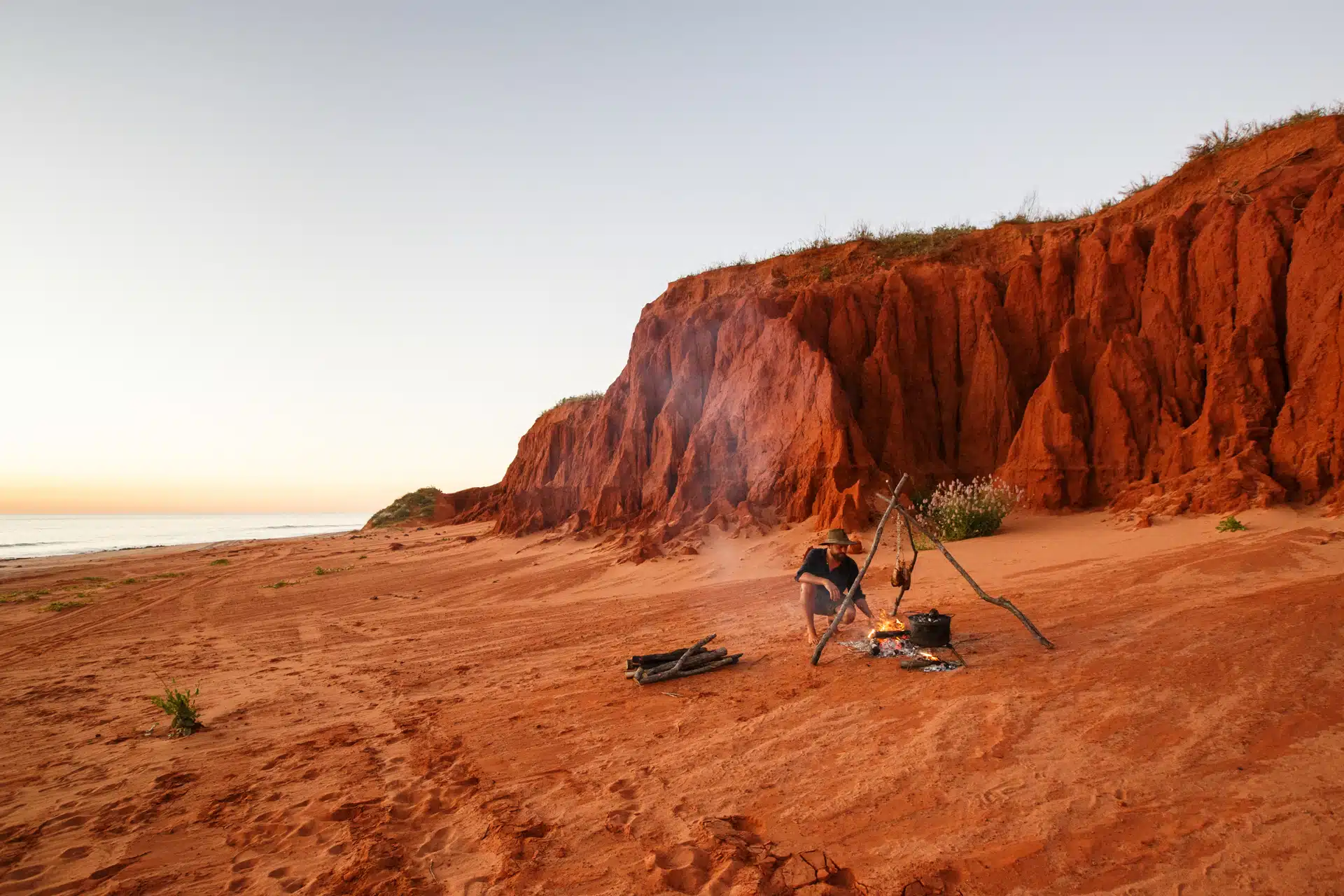According to National Caravan Council statistics, most motorhome owners keep their vehicle for between three and five years before trading in for a newer model. That means that there is always a good stock of secondhand motorhomes on the market. Some may be ‘nearly new’, with only a few thousand miles on the clock; bearing in mind that motorhome mileage and car mileage for similar-aged vehicles rarely correspond. So, if buying a brand new motorhome is not for you, why not consider picking up a secondhand motorhome bargain?
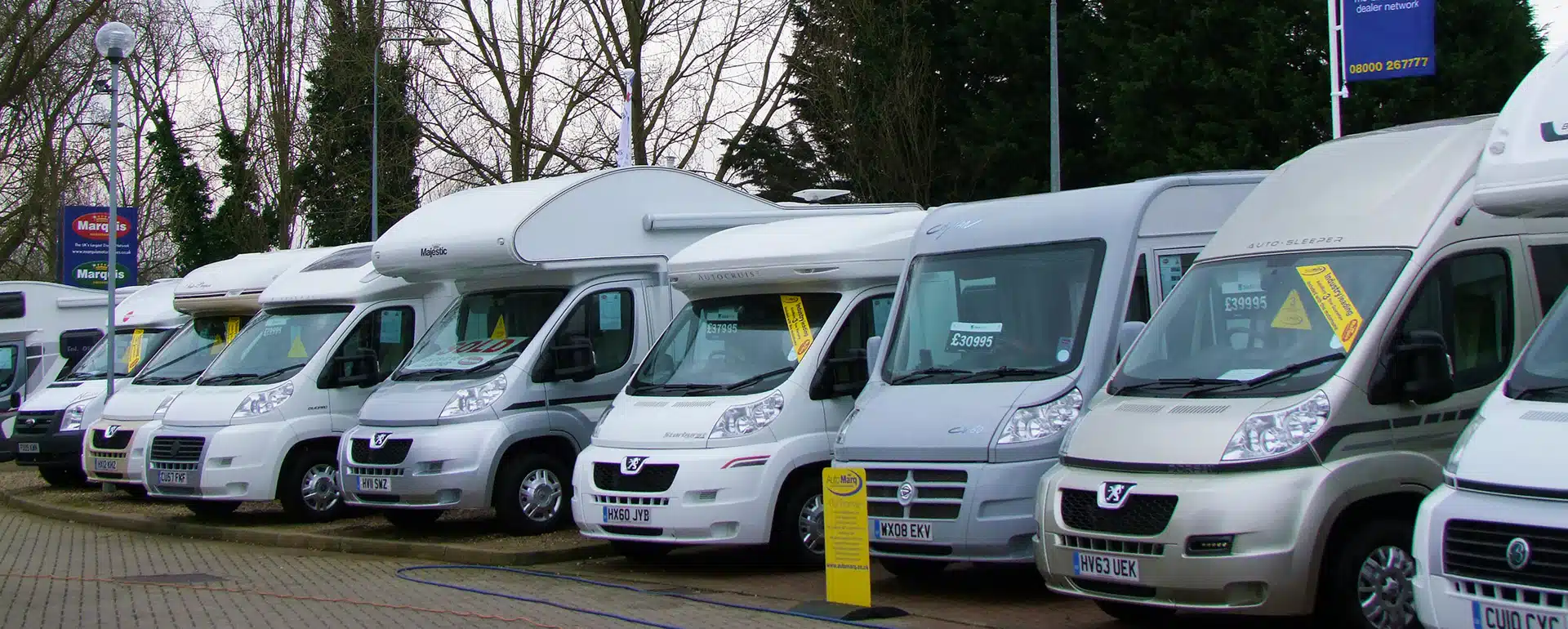
Set a budget
First things first, decide your budget (including your running costs budget as the size and weight of the van you choose will be considerations here). Under £25,000 you’ll be looking at much older vehicles – at least fifteen years old. With these, you may well need to add in a contingency fund. Older motorhomes are more likely to require additional maintenance sooner rather than later and, given that construction methods have moved on leaps and bounds in recent years, we’re not just talking about the engine. You may be looking at damp repairs within the body shell or need to think about reupholstering to give an older vehicle a fresh look. Spare parts may be harder to locate and consider, too, that running costs may be higher as fuel efficiency diminishes.
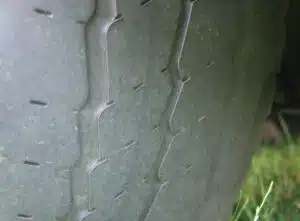
All this might put you off an older motorhome, but that doesn’t mean to say that they’re all old duffers and you won’t find a bargain for genuine reasons. Starting with a budget-priced van is a great way into the lifestyle without spending a fortune; just be careful that any pitfalls associated with a cheaper van don’t put you off entirely.
If you’re looking at motorhomes around the £50,000 to £55k mark, you’ll need to decide whether to spend your money on a higher-spec secondhand motorhome or an entry-level brand new van, for this is the price bracket where you can have either. If you opt for the brand-new entry level van, consider its resale value should you decide that the lifestyle is not for you. A higher-spec van may not lose much more value after two or three years providing you buy it in good condition, and you look after it well.
Private or Trade?
Once you know roughly what you need (with an equipment list of ‘must-haves’ and ‘would-likes’, considering that it’s almost unheard of to find your perfect van), you can start looking for ads online and, rare these days but still possible, ads in print. This will give you an opportunity to gauge prices, to compare between private and trade sales, and is particularly useful if you already have a particular make and model in mind.
If you opt for the trade route, consider that there are main dealerships, selling both new and secondhand motorhomes who, like cars, will not wish to have anything too old on their forecourt as it lowers the tone. There are many secondhand specialists, some of which may focus on a particular brand, such as VW conversions, while others will concentrate on selling vehicles of a particular age and price bracket. You might wish to have added peace of mind by going to an NCC (National Caravan Council) Approved Dealership, who must abide by an industry standard Code of Practice.
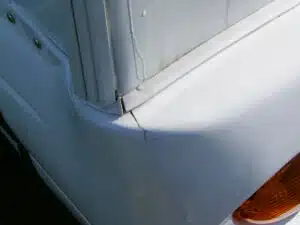
Whichever dealership route you choose, trade prices will be higher, but potentially offer security with additional warranties (read the small-print; the warranty may not be worth the paper it’s written on), habitation checks and equipment inspections – and someone to come back to if things go wrong. As with any dealer, however, if there’s something that doesn’t make you feel quite right, walk away. There’s always another van out there.
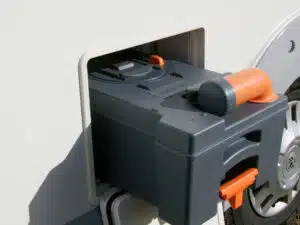
If you’re a practical person, and like doing your own maintenance checks plus engine servicing, and DIY doesn’t alarm you, buying privately can gain you a very good-priced secondhand motorhome. Of course, it goes without saying to find out as much as you can about the vehicle by checking ownership documentation, log books and registration, tax and MOT certificates, and any vehicle history that’s available.
Asking questions
Ask why the seller is selling, and if it doesn’t ring true, think twice. Ask questions that only the genuine owner would know. Running a check on stolen vehicles, or vans that have been written off, or with outstanding finance, can provide added peace of mind. Various websites provide such services, with varying degrees of guarantee, though two of the most respected are HPI (which provides enhanced searches for motorhomes) and AutoCheck, run by Experian. You can also carry out a check of the vehicle’s MOT history.
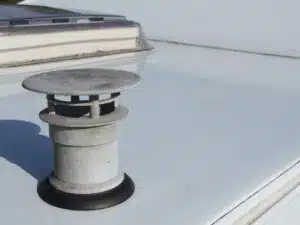
Other than online, a good place to begin looking for a secondhand motorhome is at one of the many regional motorhome shows. Here, you’ll find many local dealerships exhibiting, allowing you to look at lots of secondhand vehicles in one place. You’ll be able to step in and out of them, to see how each one fits your wish list and must-have brief.
Beware the scam – stolen motorhomes
Be careful of online classified ads where the same motorhome appears regularly on different websites. Scammers help themselves to the photograph and ID of a vehicle that’s genuinely ‘for sale’, reapply the ad, often with a considerably lower price, and then either steal the van ‘to order’ or ask for your money up front, with no vehicle received in return. Never send any money in advance before you’ve seen the vehicle.
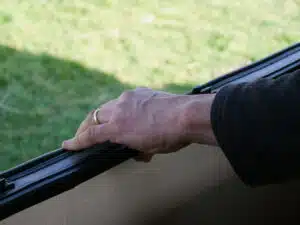
Motorhome brokers
An alternative to buying privately or through a dealership is to use a motorhome broker, such as MotorhomeDepot. Organisations such as this will sell a motorhome on behalf of a private seller but will provide added peace of mind as they will have done various checks before agreeing to market the vehicle. You’ll be dealing with the broker rather than the private individual. The broker can often arrange finance, too.
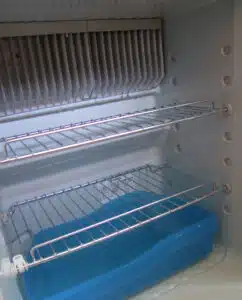
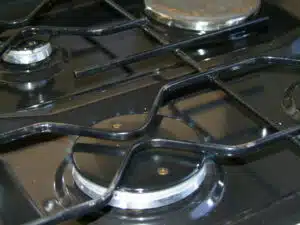
What to look for:
One of the main advantages of buying a secondhand motorhome is that any common faults of a particular model are, indeed, already known about. If you have a specific make and model in mind, run a quick internet search (type in the make/model along with keywords such as ‘problems’ or ‘faults’). There are lots of specialist forums out there and you may well find that common problems reoccur time and again, allowing you the option to steer well clear or to be on guard when you go to look at a particular van.

Exterior checks:
- Base of chassis – anything recently painted or covered up?
- Roof – check seals around rooflights and along the sides. Make sure chimney cowls are attached.
- Dents and scratches to bumpers, wing mirrors, cab, and external wall panels.
- Cracks in GRP panels.
- Seals, including door and window seals, which could determine potential problems with water ingress. Also check the seal between cab and bodyshell on coachbuilt motorhomes.
- Tyres – not only the tread but also the sidewalls. Motorhomes that are used infrequently, particularly those that are several years old, may have ‘good as new’ tread, but might have perished or cracked tyre walls. Tyres should be replaced every five years regardless of usage. Check that the van has use-appropriate camper tyres.
- Engine – engine checks as you would a car.
- Toilet hatch – make sure the cassette for the toilet is in place.
- Awnings – wind the awning out and check its condition (clean, usable, any attachments missing)
- Gas locker – check the hosing for wear and tear. If it’s an LPG tank rather than a bottle locker, request a qualified gas engineer to check it’s in good condition.
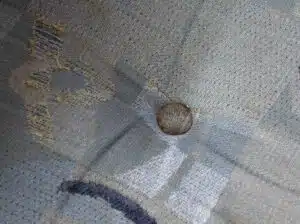
Interior checks:
- Flooring – soft or springy could indicate damp.
- Walls and ceiling – tapping the walls and ceiling will indicate if the interior construction is rotten and, like the floor, check for soft spots and mould, particularly around rooflights and windows, again indicating damp.
- Cupboards – open cupboard doors to check for mould on walls behind, plus catches and handles.
- Check condition and correct working of all appliances including cooker, hob, fridge, heater, shower, and water pump.
- Inspect pipework for signs of wear, rodent issues or possible leaks.
- Upholstery – signs of wear or loss of condition (possibly reupholstering required), condition of carpets, and furniture. Cosmetic knocks may be easily rectified.
- Electrics and lighting – no faults with leisure battery. Make sure all the lights work.
- Washroom – check seals around wall panels, sink and taps – where water seepage is possible, potentially causing damp.
- Doors and windows – check seals. Open the main side windows and ‘waggle the wall’. If it’s not rigid, there’s a likelihood of rot.
- Blinds and curtains – in living area and cab for wear and tear.
Discover More:
www.hpicheck.co.uk
www.autocheck.co.uk
www.motinfo.gov.uk
www.approveddealerships.co.uk


